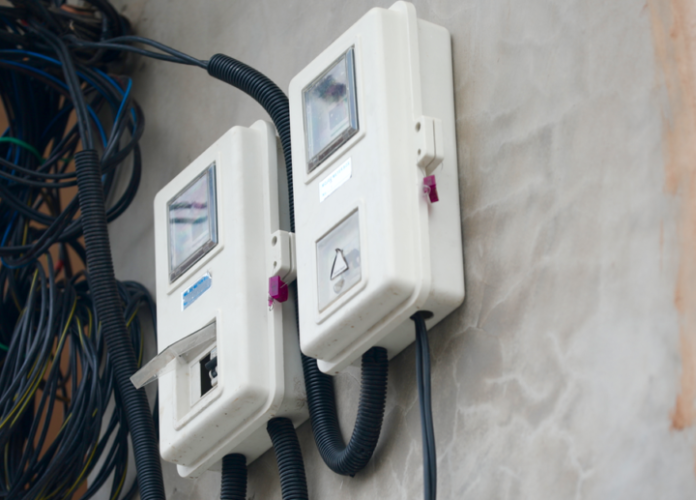The new Chairman of the Nigerian Electricity Regulatory Commission (NERC), Abdullahi Ramat, says schools, hospitals, and poor households will soon enjoy tariff relief under the Electricity Act 2023.
Ramat explained that the Commission is rolling out the Power Consumer Assistance Fund (PCAF). The fund is designed to cushion the impact of rising electricity tariffs on vulnerable groups and critical institutions.
During a visit by the Chief Medical Director of Aminu Kano Teaching Hospital, Prof. Abdurrahman Sheshe, Ramat said: “We will ensure steady and affordable power for hospitals, schools, and low-income consumers through PCAF.”
How the Fund Works
PCAF is a legal support fund created by Sections 122 to 126 of the Electricity Act 2023. It will subsidise underprivileged consumers, while also offering relief to essential institutions.

The fund will be financed by the Federal Government and contributions from richer electricity users. NERC will manage it, keep records, and decide how support is distributed.
The law compels all consumers, including industries, to contribute at rates set by NERC. It also threatens offenders with fines up to three times the unpaid amount.
Ramat stressed that the fund will not be a blanket subsidy. Instead, it will target the poorest households while letting electricity companies charge cost-reflective tariffs.
A Long-Awaited Reform
The plan to implement PCAF had stalled for years. Former Minister of Power, Adebayo Adelabu, had promised subsidies for hospitals and universities in 2024, but nothing materialised.
Energy analyst, Adetayo Adegbemle, said the fund could end the liquidity crisis in the power sector. “Unlike traditional subsidies, which blanket the sector, PCAF targets support while allowing DisCos to remain financially stable,” he said.
He argued that each poor household should receive at least ₦5,000 monthly subsidy, covering 25 kWh of electricity. This, he said, would make power affordable while encouraging efficient use.
Experts warn, however, that accountability and identifying the real poor consumers remain the biggest challenges.
Tackling Theft and Building Trust
Ramat also revealed his plan to digitise Nigeria’s electricity sector. He promised real-time monitoring apps, whistleblowing tools for electricity theft, and stronger enforcement with the EFCC.
“Honest customers should not continue paying for the crimes of electricity thieves,” he declared.
He said full digitisation will cut system losses, restore investor confidence, and eventually lower tariffs.
With Nigeria losing nearly half of its generated electricity to inefficiency and theft, the NERC boss insists reforms must go beyond theory. “This is a promise,” he wrote on his X handle.
Rate, Like 👍, Comment💬, share this article and Follow us on our social media handles. You can also Submit your own story to get featured and earn rewards!







